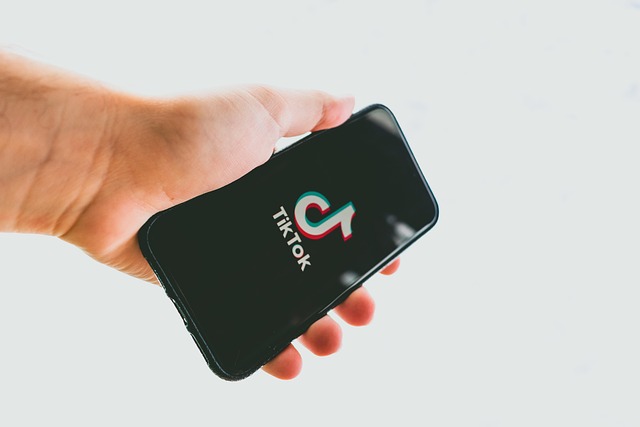In today’s digital world, where social media permeates almost every aspect of our lives, relational stress has become a common experience among contacts. The constant connectivity that platforms like Instagram, Facebook, and Twitter provide can be both a blessing and a curse. While they allow us to stay in touch with friends and family effortlessly, they can also amplify feelings of anxiety and disconnection.
Social media impact on personal relationships often introduces a unique layer of complexity. We curate our lives meticulously, presenting an idealized version of reality to the world. However, this curation can lead to a distorted perception of relationships, resulting in relational stress that can take a toll on our mental well-being. For instance, scrolling through perfectly staged photos of friends’ vacations may evoke feelings of jealousy or inadequacy in our own lives, making us question the strength and depth of our bonds.
Furthermore, social media platforms encourage a culture of comparison. When we see others constantly enjoying their social lives, it might leave us feeling like we are missing out or falling behind, fostering a sense of isolation rather than connection. The pressure to maintain a perfect online presence can lead to misunderstandings between contacts as individuals try to navigate the expectations set by the ‘likes’ and ‘shares’ received on their posts.
Additionally, the immediacy of communication through social media can heighten relational stress. A simple message left unanswered for too long can spiral into anxiety, leading to overthinking and speculation about the relationship’s status. Misinterpretations can easily arise from text-based conversations, lacking the context voice inflections or facial expressions provide. This ambiguity can lead to chaos in personal dynamics, leaving individuals feeling vulnerable and disconnected.
It’s essential to recognize how social media shapes our connections to better understand the relational stress we may experience. Engaging in open and honest dialogues about our social media habits can help bridge gaps that often develop from digital miscommunication. Discussing feelings openly with friends, whether about social media experiences or personal emotions, lays the groundwork for more sincere interactions. Creating a supportive environment where vulnerabilities are shared can diffuse relational stress and foster deeper relationships.
Moreover, finding a healthy balance between online engagement and offline interactions is crucial. Limiting time spent on social media and focusing on real-life connections can cultivate deeper bonds and reduce relational stress. Engaging in activities that promote face-to-face interactions—like picnics, game nights, or simply spending time together without the interference of phones—encourages genuine connections, nurturing empathy and understanding.
As we navigate the complex world of relationships in the age of social media, it’s vital to remain mindful of our emotional state and the pressures that come with the territory. Taking proactive steps to address relational stress caused by social media can lead to healthier and more fulfilling contacts, allowing us to cultivate quality relationships over merely counting ‘likes’ or followers.




